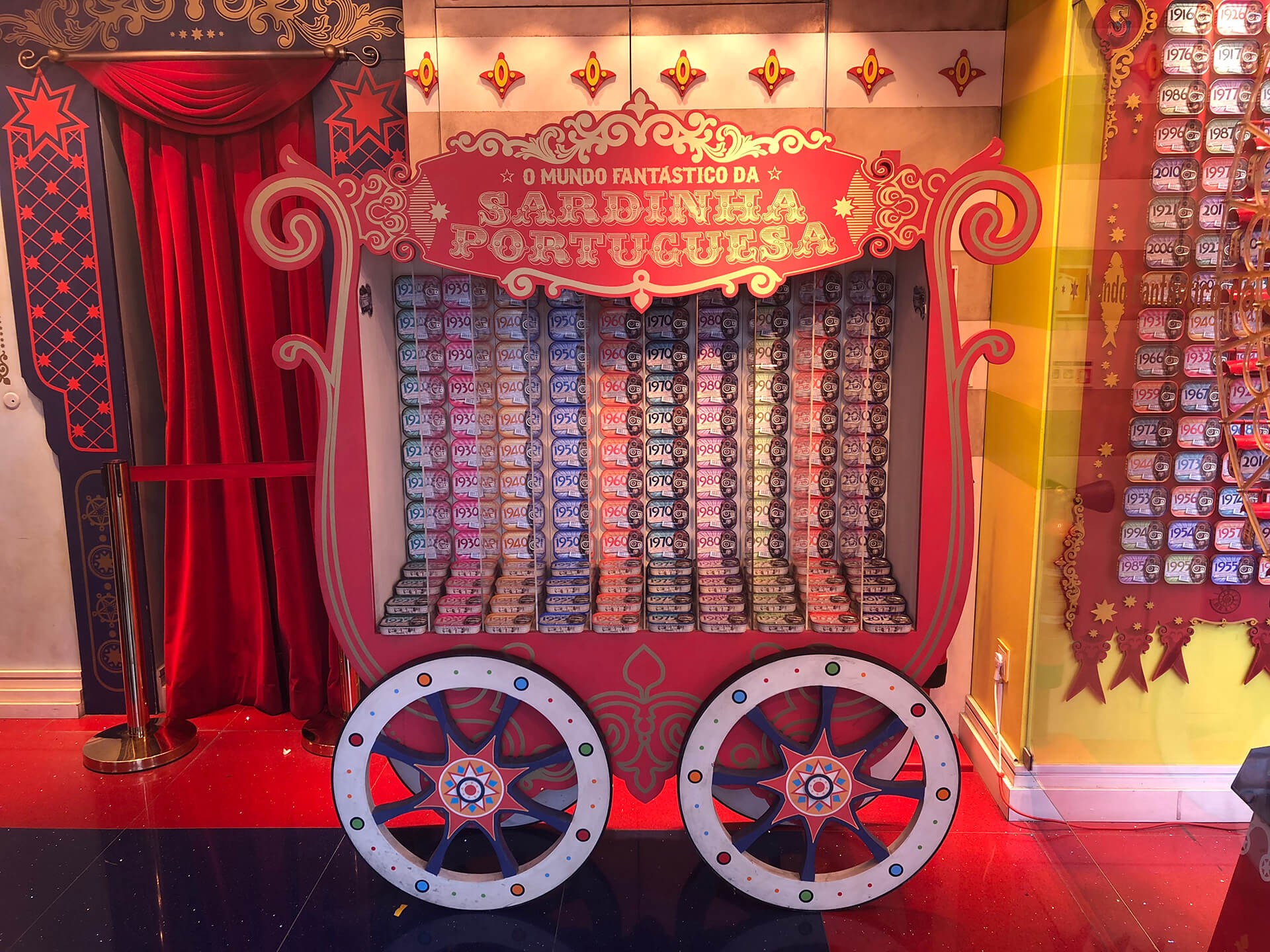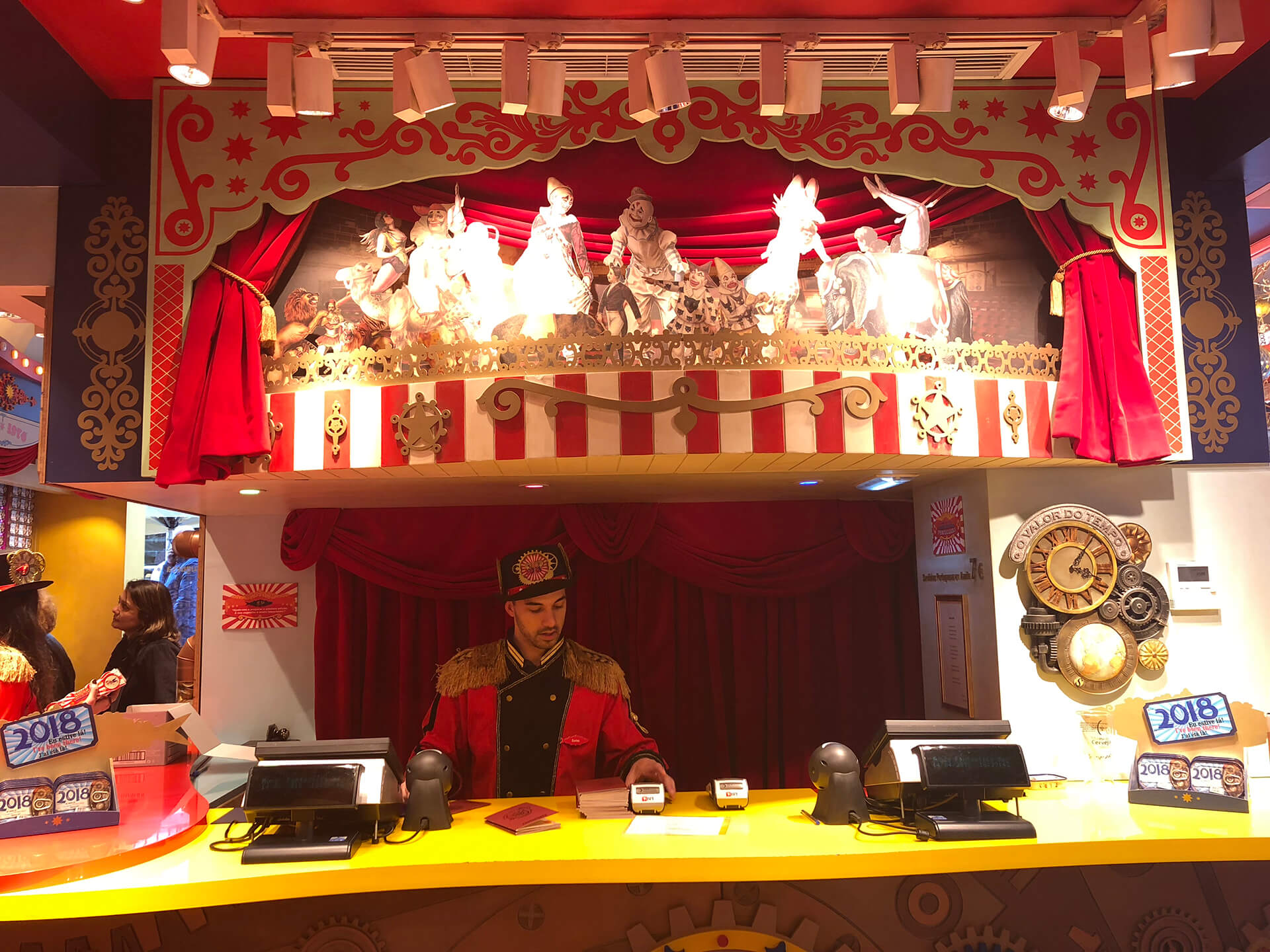ENGAGEMENT: Customers are looking for a personal connection and interaction
27 Feb 2019The retail industry is undergoing big change with four main trends driving the changes. This is the third blogpost in a series of posts each unveiling one of the four trends to dominate the retail industry in 2019: Omniexperience, Smart Shopping, Engagement and Activism. The trends are unfolded in the trend book Global Retail Trends & Innovations 2019, and the following casts the spotlight on the trend Engagement.
EXPERIENCE – PERSONAL – SOCIAL – EMOTIONAL
The modern consumer is more demanding than ever and thrives on time, convenience and value. Consumers are searching for solutions that optimize time, which is where Smart Shopping comes in to make consumers lives easier, simpler and more efficient without compromising the quality of products or the shopping experience. Retailers are increasingly offering several services in one place to reinvent and increase revenues, and at the same time offer time starved consumers the simplicity on demand by giving them the chance to handle several errands in one place.
In retail, the interaction between customers and staff sets the scene for a personal shopping experience. When consumers chose to shop in brick and mortar stores they are looking for the personal connection and experience that the online world cannot provide. The interaction and engagement in the store with products, staff and brand is essential as it allows for more accurately identifying customer needs, build relationships, loyalty and personalize the shopping experience.
With the rise of ecommerce, customer engagement is being redefined and it is crucial for companies to build relationships with customers through interaction and expertise by educating, guiding, training and entertaining. Intensive storytelling and strong content are paramount to create identification and emotional ties and hence brand loyalty.
The customer-to-customer relationship is important for the brick-and-mortar experience. Retailers are making their store social destinations and community hubs where customers not only come to buy products, but to form relationships, developing an emotional tie to the brand.
Case: O Mundo Fantastico da Sardinha Portuguesa
COMUR – Fábrica de Conservas da Murtosa, a sardine factory in Portugal, recently opened a store in Lisbon that pays tribute to the Portuguese sardine and what the popular fish has done for the country. Two key differentiators of O Mundo Fantástico da Sardinha Portuguesa are the cans’ packaging and employees’ roles.

Photo: Ebeltoft Group
The store mirrors a circus, and especially the cans play a central role for the concept, nicely decorating the store. All cans are designed in the spirit of Portugal’s history, dating from 1916 onwards, the different years functions as themes for the cans spotlighting a prominent historical, Portuguese figure. Every decade further has a particular color theme, and each can within the decade has unique color tint within the color range. In this way, what could have been a dull sardine can, has an appealing aesthetic dimension, and along with the rest of the circus-inspired shop, where the colorful cans are stacked side by side, the store has a unique “show” ambience driven by not only interior design, but also highly motivated staff.

Photo: Ebeltoft Group
On each can, the message “I’ve been there” represents a milestone on the customer’s journey through the store and contributes to the experience of having been on an adventure rather than a store visit. Every year, a new year with its own design is added to the selection, and in this way COMUR has transformed sardine cans into collectibles and give customers a reason to return. COMUR has revived the can industry in Portugal and has further added value to an undervalued product. A normal can of sardines is priced at 1 euro in Portuguese supermarkets, but by innovating the packaging, using strong storytelling and engaging customers, COMUR has increased the product value (charging 7 euros for a can of sardines). The store has added color to a rather grey industry through retail decoration, music, storytelling, and dedicated employees, extending the visit of the customers and increasing inclination to buy.
For more best practice-cases, download Global Retail Trends & Innovations here.